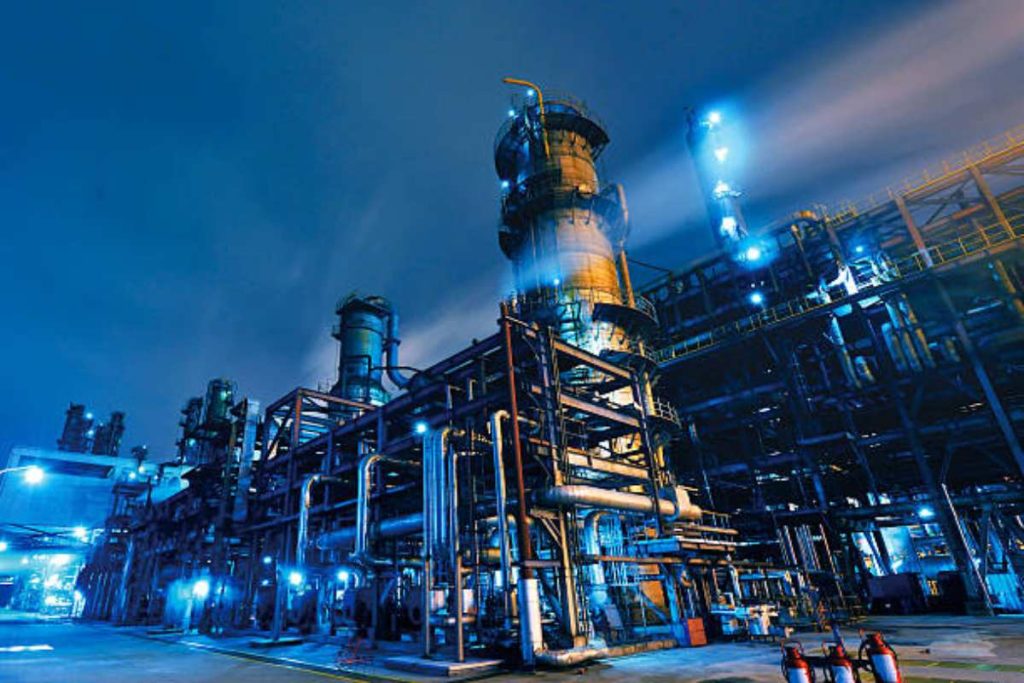Data science is a multidisciplinary field that integrates scientific methodologies, statistics, and artificial intelligence to extract useful knowledge from organized and unstructured data in a variety of businesses. AI and data analytics play an important role in modern manufacturing execution systems, from increasing productivity to lowering energy costs. As a result, global big data in the manufacturing sector is expected to reach USD 9.11 billion by 2026.
While physical robots have long been used in manufacturing, the industry still faces hurdles in optimizing back-office procedures. It is critical to recognize that the impact of AI on industrial manufacturing differs by region. It means that the obstacles or issues being faced by manufacturers in the United States will be totally different from those faced by manufacturing companies in Europe.
Table of Contents
Benefits of Data and Automation in Manufacturing
Data and automation have far-reaching benefits for manufacturing companies in Europe, allowing them to enhance sustainability and boost customer satisfaction. It features:
- Enhanced efficiency as a result of streamlined operations and optimal resource allocation
- Cost reductions can be generated by reducing waste and optimizing labor and energy use
- Real-time data monitoring and automated inspections improve quality control
- Improved decision-making capabilities, as well as important information for supply chain management and demand forecasting
- Workplace safety is improved through automating dangerous operations and establishing safer settings
- Energy optimization and waste reduction improve sustainability and environmental effect
- Competitive advantage through effective operation optimization and meeting client requirements
AI Collaboration with the Workforce
It refers to the integration and interaction of AI systems and human workers in a collaborative environment. Rather than replacing human workers, AI technologies are intended to enhance their capabilities, increase productivity, and enable more efficient and effective work procedures.
AI automates repetitive and time-consuming jobs, allowing human workers to concentrate on more sophisticated and strategic duties. Furthermore, it gives useful insights and data-driven recommendations to help human workers make informed decisions.
Artificial intelligence-powered products and applications can increase productivity by optimizing workflows, enhancing accuracy, and minimizing errors. Chatbots, for example, may answer consumer questions, and intelligent scheduling systems can optimize resource allocation, among other things.
Automation for Efficiency and Resource Optimization
Automation improves efficiency and optimizes resources in manufacturing execution systems by streamlining processes, optimizing labor utilization, minimizing downtime, improving resource allocation, and more. These advantages help industrial organizations enhance productivity, cut costs, and improve their competitiveness.
Overcoming Barriers to Implementation of Automation in Manufacturing
Manufacturing companies in Europe and other parts of the world can overcome hurdles and successfully integrate automation by proactively addressing the following constraints.
- Seek government grants, subsidies, and tax breaks to help with implementation costs. A cost-benefit analysis can also be conducted by businesses to illustrate long-term financial benefits.
- Businesses can invest in employee training programs and partnerships with educational institutions to provide skilled labor and training.
- Focus on clear communication, involve employees in decision-making, and provide training and assistance to adapt to change.
- Employ encryption, access controls, and regular system audits to prioritize cybersecurity precautions.
- Consider scalability and opt for modular solutions that can be easily expanded or reconfigured.
- Evaluate potential partners thoroughly based on their experience, track record, and client references
AI’s Future in Manufacturing
By empowering people, improving skills, and revolutionizing workflows, AI has made its place in the Europe manufacturing industry. Its use in Original Equipment Manufacturing (OEM) offers considerable increases in machine performance as well as the optimization of operations across the factory floor and supply chain.
Businesses automatically reduce power usage and waste generation by focusing on efficiency and operational optimization. Improving efficiency and utilizing the power of AI results in inherent sustainability.
AI’s power will grow with time, making it more accessible and user-friendly (with every passing year). Currently, robots require training for each object they interact with. However, by incorporating AI-based cameras into robotic arms, robots will be able to manage a wide range of changes quickly and with little training. Furthermore, we may expect even greater developments in artificial intelligence (AI) in the near future, and its accessibility grows, allowing more manufacturing companies in Europe to profit from its potential.
Paving the Path to a Sustainable Future
Statistically, 43% of manufacturers now employ robotic process automation, with another 43% planning to implement RPA programs. By harnessing the potential of AI in the manufacturing industry, businesses can actively contribute to building a sustainable future that encompasses economic prosperity, environmental responsibility, and societal advancement.
Businesses that use AI in manufacturing in Europe and other regions of the globe can create a sustainable future that combines economic prosperity, environmental responsibility, and societal growth. It not only improves overall efficiency but also saves money. This is why governments, industry leaders, as well as technology suppliers need to collaborate to provide a supportive environment to foster the adoption of data-driven and automated manufacturing solutions.

